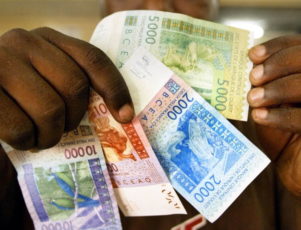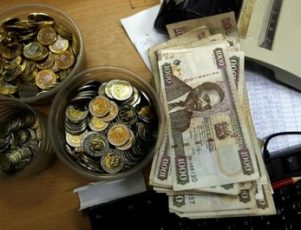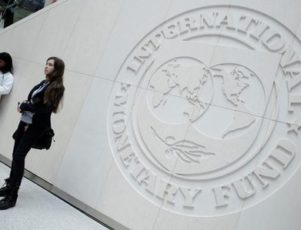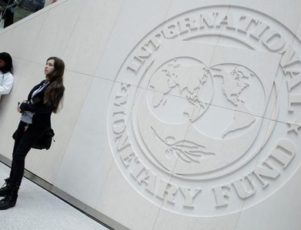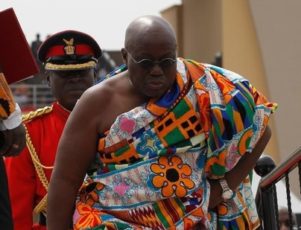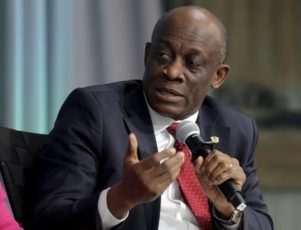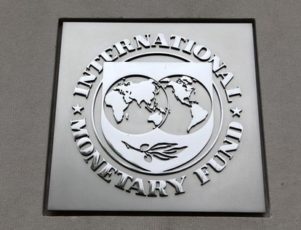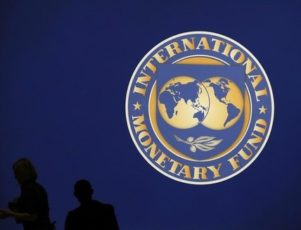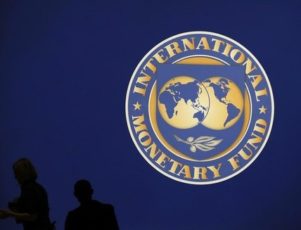In the aftermath of World War 2, the French franc had been devalued so as to have a set exchange rate with the US dollar. This left France’s currency relatively weak, something that could affect France’s existing colonies in Africa and that could also affect imports to those colonies to France. A decision was taken in December of 1945 to create a new currency, the CFA franc, for 14 countries in western and central Africa.
There has been disagreement over the benefits, especially in recent decades, of having a currency pegged first to the French franc and more recently to the Euro. In December, 2019, the former colonies agreed a deal with France to rename the CFA franc as the Eco and to remove some of the financial links with France that have existed since the CFA franc’s creation. But what does this mean for the countries involved? Will it give them more economic freedom or will it lead to problems with imports and exports?
The Eco Would Be Pegged To the Euro
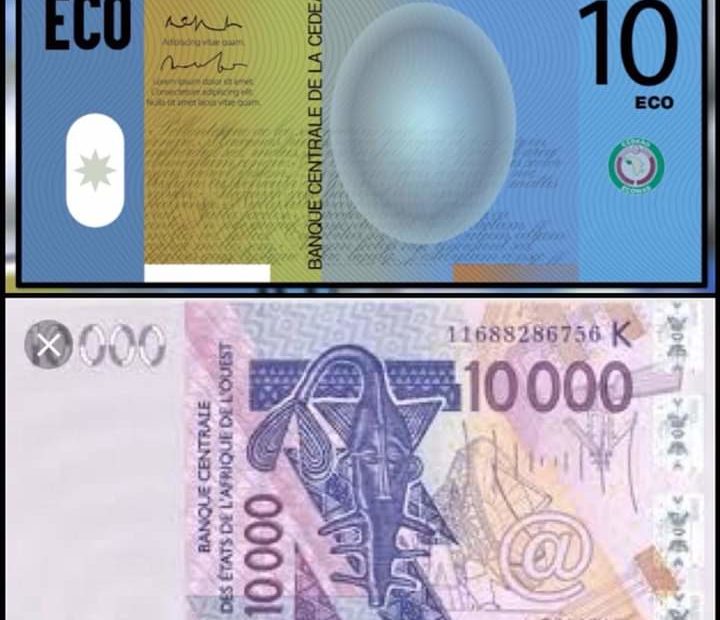
A lot of the impetus for this change comes from the Economic Community of West African States (ECOWAS), a regional grouping of 15 countries established in 1975. For more than 20 years, ECOWAS has sought to establish a common regional currency in order to remove issues caused by trade barriers and to boost economic growth in a region that has over 380 million people living in it. While the 8 countries (most of them French-speaking) in the West African Economic and Monetary Union (WAEMU) bloc reached agreement in December to start moving away from the CFA franc, some issues still remain. The agreement would see the countries no longer having to keep half their reserves in France (something they had to do as France guaranteed the CFA franc).
However, the new currency would be pegged to the Euro and that pegging would be guaranteed by France, something that is making Anglophone countries in the area such as Nigeria and Ghana reluctant to join, especially as France would have a seat on the ECOWAS board as a result.
The Covid-19 Crisis Severely Impacts the Original Plan
The original plan was to roll out the new currency sometime in 2020. But there are two hurdles that stand in the way of that ambitious timetable. The first of those is that the criteria set for economic convergence included any countries involved keeping their public debt lower than 70% of GDP and also having inflation in single figures. As of December, only Togo – one of the smallest countries in the region – had met that criteria. The second hurdle is the current Covid-19 crisis which is severely impacting the global economy. With the next ECOWAS meeting schedule for June of this year, it remains to be seen whether it will go ahead as planned.
Nigeria and Ghana are both looking at the proposals in more detail and Nigeria has stated that they will respond later in 2020. Ghana is enthusiastic about the plan but are insistent that any exchange rate must be flexible and the Governor of the Bank of Ghana has said that issues surrounding the new currency will take time to resolve.
International Monetary Fund welcomes the proposals
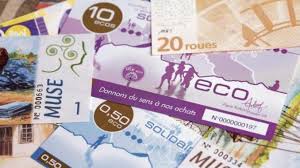
The IMF’s managing director, Kristalina Georgieva, has welcomed the proposals. She sees them as much needed modernisation of the fiscal policies between France and its former colonies. She also recognised that WAEMU has a solid track record in recent years as far as maintaining economic growth and low inflation were concerned and that they had increased their foreign exchange reserve levels.
Transition and Problems
The possible postponement of the ECOWAS meeting aside, there may still be more issues facing the planned transition period.
- The pegging of the ECO to the Euro, and the unconditional guarantees of that from France, have to be ratified both by the French parliament and by WAEMUM members.
- The exact terms of the guarantee from the French Treasury have still to be agreed. Will it take the form of overdraft facilities or an extended line of credit?
- Withdrawing the African currency reserves held in France can only happen once these two agreements have been signed.
- Once those reserves have been withdrawn, the interest on them will be less than the 0.75% the French Treasury currently pays. This will mean that budgets will have to be adjusted.
- Dates have to be agreed for when France’s representatives on the La Banque Centrale des États de l’Afrique de l’Ouest’s (BCEAO) supervisory bodies should be withdrawn.
- Agreement as to note printing and coin minting for the Eco cannot be reached until the various positions of the regional bodies agree as to fixed or flexible exchange rates and the question of pegging.
Hopefully, the nations involved can overcome the hurdles facing them. As Africa’s economic growth continues, such plans for regional currencies to support existing trading blocs may be a vital part of progress.
Photos : agoravox.fr / afrique.le360.ma / financialafrik.com

